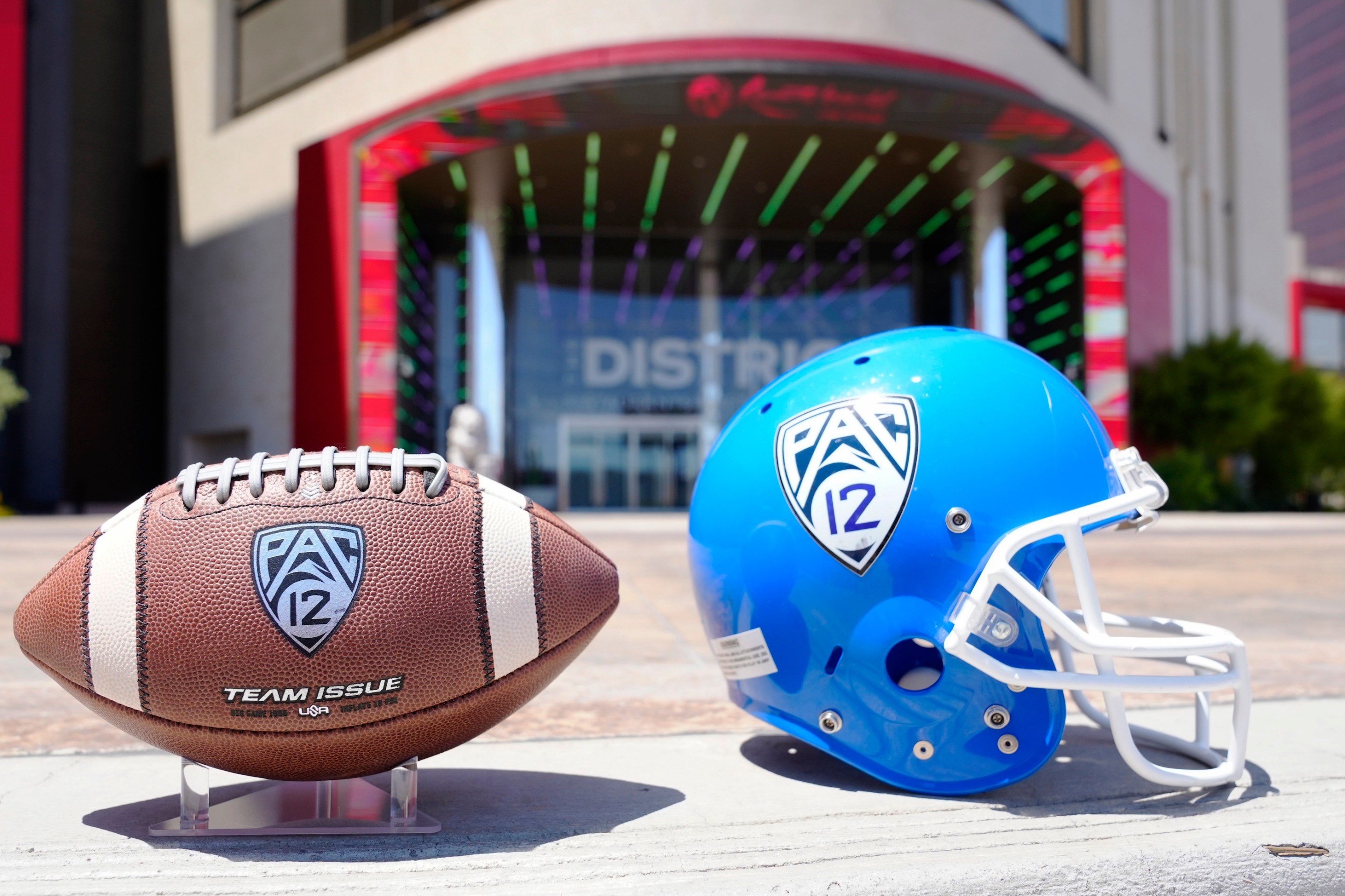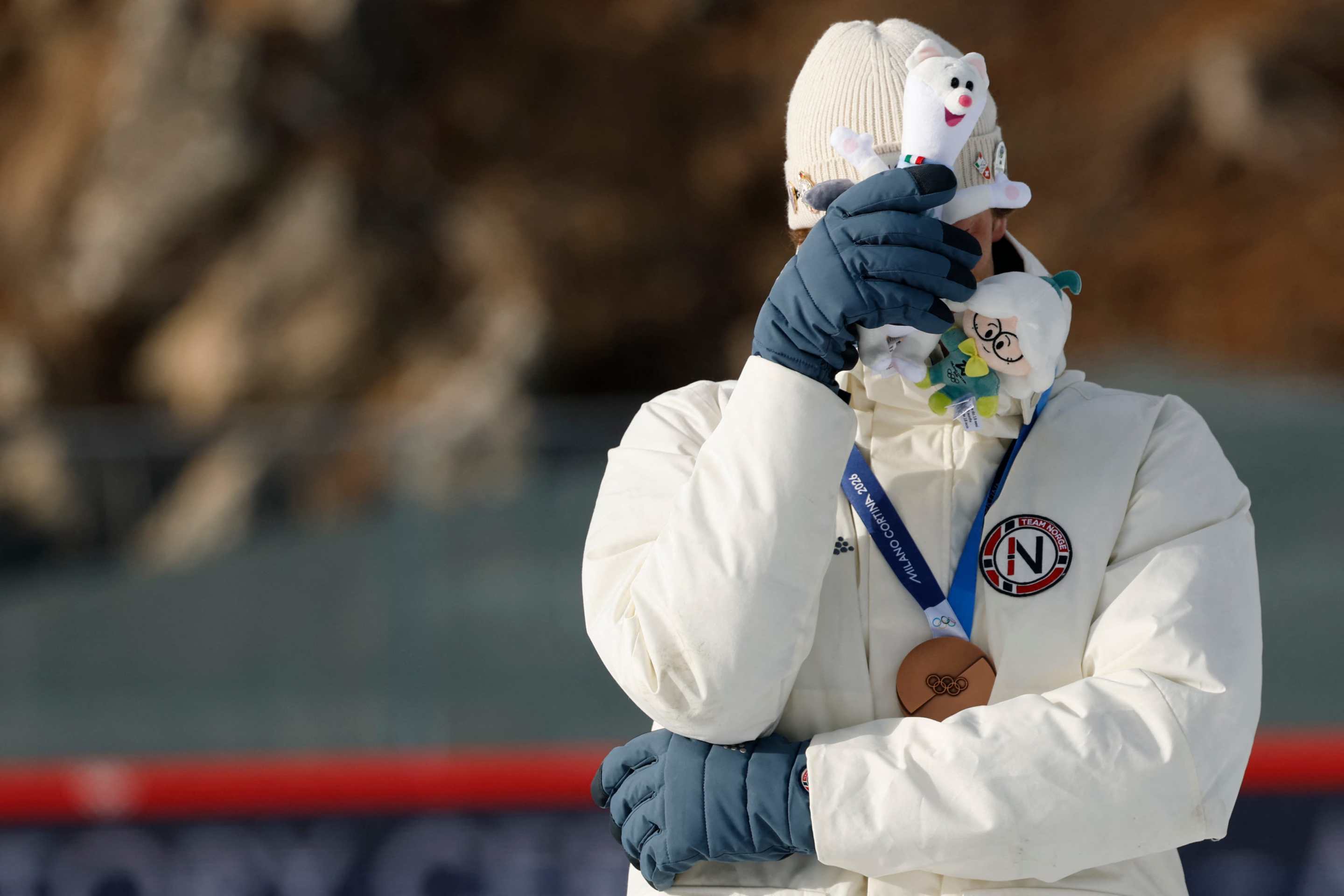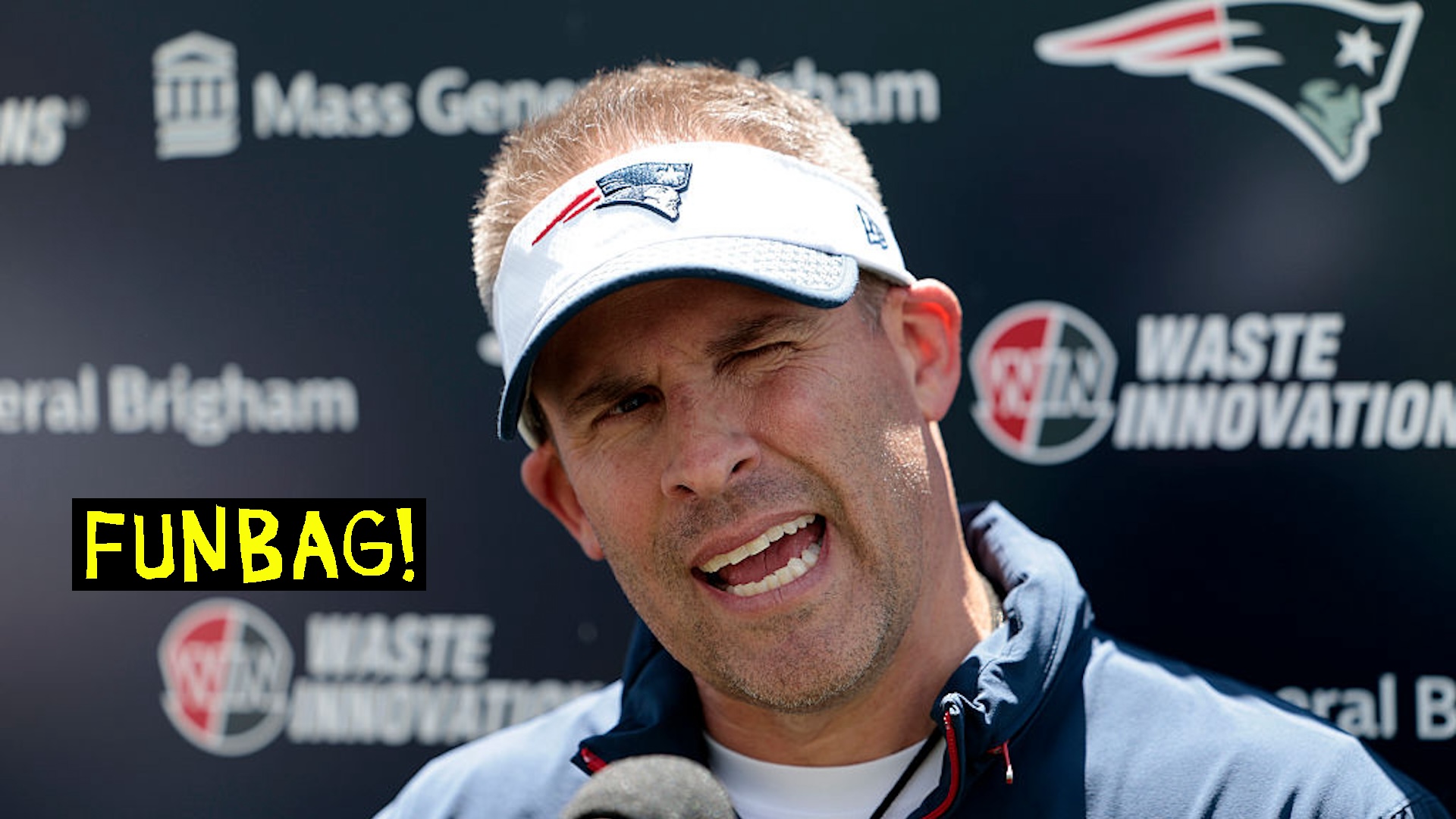George Kliavkoff surely knew the job was dangerous when he took it. He just never fully realized what it's like when the job ends. The men in charge of your larger failing concerns escape by golden parachute as often as not, but that’s not how it works for college sports commissioners who miss their moment. In that case, the flaming bag of the dog's business is surgically grafted to your hand.
As of today, Kliavkoff is the commissioner of the Pac-Nothing Conference, supervising nothing and directing it nowhere. He was the earnest business school graduate who thought that buying a paint factory was a grand idea and didn't stop to notice the flames billowing out the windows. If he can be said to be running anything, now, it can be divided between what is already ash and what very soon will be.
You might think that Tony Petitti and Brett Yormark, two of the three guys who now own college sports, would spare a thought for Kliavkoff as they pulled his kidneys through his nostrils in the name of "we didn't want Greg Sankey to do it first." There’s no evidence of this; fresh meat is still just meat in the final analysis. Petitti is the commissioner of the Big 10-In-Base-18 Conference, and Yormark is the commissioner of the Big 12 Plus A Thirty-Three Percent Markup. Sankey is capo di tutti capi and head of the Corleone Fam . . . err, Commissioner of the Southeastern Conference. Among the mega-conferences, the SEC has the longest tenure with its present membership unchanged at 178 days, dating back to when Texas and Oklahoma bumped up their departures from the Big 12 to next year.
In classic college sports fashion, they're all just doin' bidness. It’s the kind of bidness the Pac-12 couldn't do, because the Pac-12 didn't know how to sell a television package back when television was not yet the property of the retiree class. That's a thing to remember, too, when handing out the blame for how the conference representing big-time college sports in one of the nation’s more prominent time zones came apart— the Pac-12 was lousy and even borderline incompetent at selling itself, the customer base for those sales was dwindling by the year, and the time for action came and went without any. The conference’s schools budgeted for windfall money they didn't get, then bailed because they knew a losing hand when they'd drawn it for themselves. Which brings us back to Kliavkoff’s flaming bag. He's the one who grabbed it, passed a couple of potential dumping sites that didn’t seem quite right, and eventually the flames hit his sleeves too.
A lot of people got got in this latest burst of acquisitiveness by people who are used to eating and not tipping. But Sankey, Yormark, and Petitti (and before him Kevin Warren) were hired by school presidents who wanted them to do whatever they could to bring just this sort of moment to pass. The idea was to corner the market—any market, so long as it was willing to be cornered. And so they did. Standing on necks is just part of the deal.
To the extent that these things still matter, these are urban and coastal necks being trod upon. College sports is an economic powerhouse in the Southeast and Midwest, not so much on the coasts, and there is an unmistakably satisfying symbolism in the biggest sports powers on the West Coast being forced to abandon their history for a new life as second-class citizens. Plus, the four Pac-12 schools that bolted their own geographic homes to play on the coast (Colorado, Arizona, Arizona State, and Utah) are now back where they were. That disrespect of traditional borders and longstanding definitions of the word “coast” started when the Pac-8 seized Arizona and Arizona State 46 years ago, and the Pac-10 later tried to grab Texas and Oklahoma before settling for Colorado and Utah, so some of this new churn feels like revenge with a side of fries from the Big 12 side. That is not the only reason why the Pac-12 was shredded, and maybe not even a major reason. But it definitely matters.
Let’s be clear that this is not some tortured ballad for the way things used to be. The way things used to be, in college sports and elsewhere, was just as foul if not worse; the prime acronym atop all this, NCAA, is a four-letter explanation for why college sports has chosen this new hellscape. Theirs was the status quo that everyone could agree upon until they all realized the ostensibly supreme authority was just a middleman. The NCAA was a narcoleptic mall cop who'd been given a pistol—and live bullets—to keep the shoplifters in line and chase kids off the property. That left plenty of room for mischief, but it was also only ever going to be mistaken for actual authority for so long. What has replaced that antique style of commerce is organized looting, only faster and less polite than that makes it sound.
There are lots of villains here, no heroes and only unimportant and unnoticed victims. Like fans who need to pretend that "at Rutgers" is a fun road trip. Like college traditions and archrivalries, now being shed by its supposed caretakers. Like the Rose Bowl on New Year's Day, a building once used as a cathedral that’s now a Kroger's that's only open eight Saturdays a year. Like athletes' dreams of glory, shrunken by the smaller sliver of opportunity afforded them. Like the idea of a national entertainment industry gone regional because its actual reach is shrinking, which now feels either quaint, stupid, quaintly stupid, or stupidly quaint. Or all four, if you don't mind redundancy for effect.
At this point, the question arises—how did the perfectly contained and contiguous Pac-12 become such an economic sinkhole? The pros came in long ago and redefined the markets in Seattle (three teams) and the Bay Area (six teams) and Los Angeles (eight) and Phoenix and Denver (four each). Larry Scott, the former Pac-12 commissioner who saw the future and vomited contemptuously every time he had a chance to be part of it, didn't do this alone. He just cut the brake line because he wasn't a dealmaker like the other conference commissioners; they politely humored his preposterous incompetence until they could raid the joint. In fact, Scott is a success story by the modern definition—by getting fired in the nick of time (i.e., before the million-ton craphammer hits), Scott got the golden parachute and Kliavkoff got that bag we talked about earlier.
On the other hand, there will be some comfort for hidebound college traditionalists in knowing that this new model won't hold either. The mega-conferences will become as smug and bloated as the NCAA was a decade ago; as such, their next set of victims won't know the moment when they have transitioned from predator to prey. They think that being in the tent offers safety, but the only things that matter in the new model are the ability to generate money and be strong enough to demand more. The parties that will eat them in the future are in the tent with them now.
America is addicted to old things—the new ones require a flexibility of thought that this country doesn't possess in practice and deeply distrusts even in theory. And so you should not be surprised when the new power brokers form their own version of the NCAA, just with different small fry to punish and different athletes to provide the work without recompense. For all the chaos and change, that is the one thing that everyone in this industry still believes—that athletes are just strategically shaved bears whose lot it is to work the carny circuit until newer and younger bears come in. A bigger worldview, and all this big business, depends upon that belief.
So no, this isn't better at all. What these bosses have made is a college sports empire run by and for scorpions, grandees, and online spammers. But it is different, and today's winners have made a model that will collapse after they've availed themselves of Scott's escape plan and gone off to be senior consultants for EatWhatYouCan'tSteal.com or network executives. They’ll leave nothing sustainable behind, but they’ll leave rich and unconcerned that what's in the rearview mirror as they drive off is a storm of lava, roofing nails, and ossified horseshit. And then at some point shortly thereafter they'll retire and die, and have to apologize to Hell for lowering the value of the real estate when they get there.






